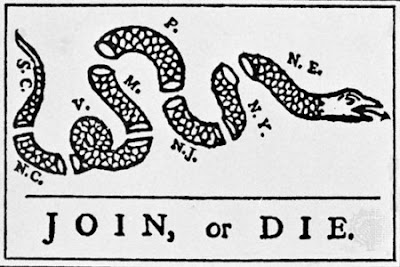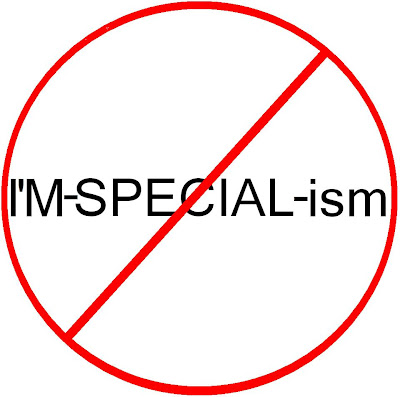So, I'm trying to start up a school club -- the "Owning Our Ignorance" club -- devoted to fun and logic, in that order. I've put up a blog for it over here.
Check it out. Please join if you're interested.

PHL 121-02
Camden County College
Spring 2008

Here are some links on advertising and news. The first is about the underlying intellectual dishonesty in even the most honest of ad campaigns. By the way, if you're into advertising, that entire blog is great. I'm a bit biased, though, since I used to work for Bob Garfield.
The second is a radio interview with the director of FactCheck.org, a website devoted to debunking claims in political ads. I also used to work with the guy who interviewed FactCheck's director. Yup, I'm a pretty big deal.
Now for some news stuff. Lots of people worry about conservative or liberal news media bias. But there are several interesting biases that are much less talked about. Here's a discussion of the bias toward anything that's dangerous.
So you didn't believe me when I said that there are experts on the subject of penguin digestion? Oh, you did? Fine, well, I'll prove it to you, anyway. Here are some academic articles on the topic:
Attendance is mandatory for the group presentations on Friday (5/2/07), Monday (5/5/07), and Wednesday (5/7/07). It's the only time I'll be a stickler for it. Basically, I want you to show respect for the other groups presenting.One last thing: be sure to keep the presentations under 15 minutes. A 10-minute presentation is ideal, so we can have time for a short question-and-answer session afterwards.
If you don't attend on either the days your group isn't presenting (and your absence isn't excused), your own personal presentation grade will drop. Each day you don't attend will lower your grade by a full letter grade.
This may sound insulting, but one of the goals of this class is getting us to recognize that we're not as smart as we think we are. All of us. You. Me. That guy. You again."How can we better believe what is true? While it is of course useful to seek and study relevant information, our minds are full of natural tendencies to bias our beliefs via overconfidence, wishful thinking, and so on. Worse, our minds seem to have a natural tendency to convince us that we are aware of and have adequately corrected for such biases, when we have done no such thing."

This mini-article on acne and anxiety raises a combo platter of questions relevant to what we're going over in class.
1) Reverse causation: Does acne cause stress, or does stress cause acne?What say you?
2) Questionable statistics: Do you trust the stat that students were 23 percent more likely to experience breakouts around the time of a test? Is it a good study? A reliable source? An undemanding stat?
3) Questionable use of statistics: If the above statistic is true, is it reasonable to conclude that anxiety causes acne? Or is there another plausible explanation?